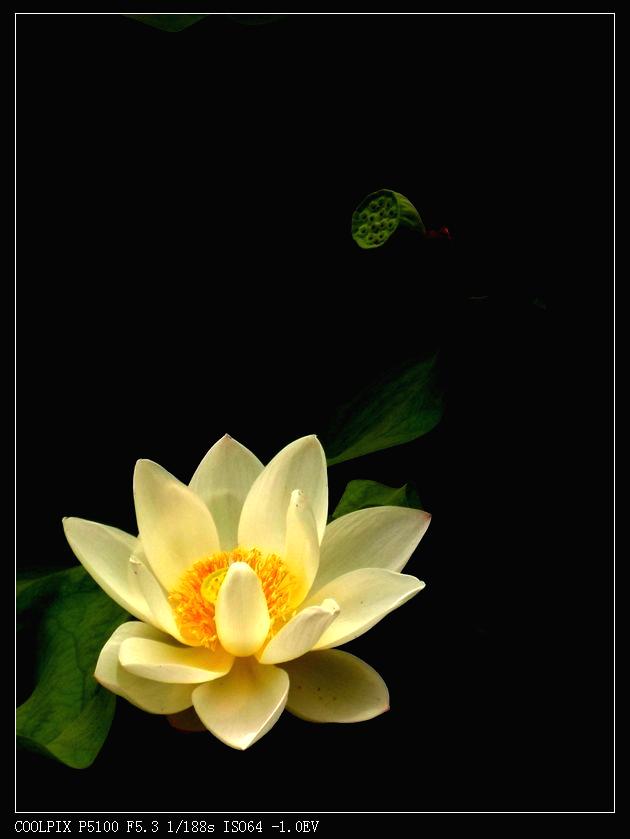| Retirement age in China is likely to postpone to 65! | |
|---|---|
| Oct 6, 2012 04:04 | |
 | Quote:Originally Posted by WANHU Chinese have been diligently followed the instructions from the leaders, just like in the army. It's not easy to change overnight. At one time in 2005 I had the chance to observe how the students studied their lessons -- just write the notes whatever they can, and don't ever ask question(s) -- although they didn't understand.Wan Wan, We have been fighting for the 'standard answer' since we entered the school. Even you have your opinion, you can not write it on the paper. Otherwise, you will get low marks. What a pity! Probably, that's why many Chinese parents send their kids to study abroad. |
| Oct 9, 2012 14:01 | |
 | When I studied sociology, I differed with my teacher on traits and norms, but I got good marks, based on arguments. Like in this open forum, no one is wrong to air one's opinion. We can agree or disagree. (Of course we can't change things that can't be changed such as in mathematics, 10 + 10 = 20 and that's definite). It's good that China is opening her door for better education, with foreigners coming to China in droves. I do hope there's a twilight of hope that with their presence may change the people, especially among the decision makers with an attitude "the need to know". Wan |
| Oct 9, 2012 22:37 | |
 | Wan, I really hate Chinese examination during my schooltime. There is always a question "analyze a poem or a paragraph and then tell what the author wants to express". Different students have different understandings of the poem or paragraph. But there is only one standard answer. Till now, I can not figure out who gives the standard answer. The authors are dead. How can we know what he tried to express? Our answers and the standard answer are all guesses. But why are our guesses wrong? |
| Oct 10, 2012 03:48 | |
 | poetry is not prose, it creates words beyond imagination. A poet that writes a poem has his own thought and thinking, and for a student to fathom a poet's thought needs to understand his line of thinking and wants. A good teacher in literature who has passion would be able to guide his students well, like in this forum, Atta Butt with Iqbal. Lonely, in poem we don't guess but understand and feel. Wan |
| Oct 14, 2012 04:03 | |
 | Wan, What I want to say is "the poet's idea is hard to be felt or understood". And different students have their own understanding and feeling. We can not say who is right, who is wrong. Thus, there shouldn't be a definite and standard answer to such a question "What the poet wants to say in his poem?" Or such questions should be avoided. |
| Oct 14, 2012 15:18 | |
 | Lonely, I agree with you that there shouldn't be a standard answer, thus a good teacher in literature not only good in delivering his lecture but also able to make his students understand the message. Even the prewar literature is not the same as postwar literature. In this context, prewar means before 1941 and postwar means after 1945 (World War II). I am not sure about China, but through my observation, many teachers only want to conclude the syllabus than making their students have better understanding. Try to understand the ambience. I am sure the poems by Wu Jiaji during Qing not the same as the poems by Du Fu during Tang. Wan |
| Oct 16, 2012 04:21 | |
 | Yes, It is helpful to understand the poems if you know more about him (what kind of life he lived and the economical situation and political system of the age he lived through). |
Page 8 of 8 < Previous Next > Page:
Post a Reply to: Retirement age in China is likely to postpone to 65!






 Copyright © 1998-2026 All rights reserved.
Copyright © 1998-2026 All rights reserved.